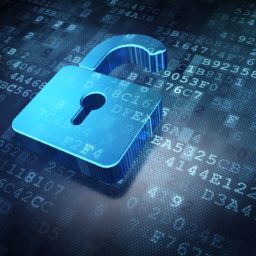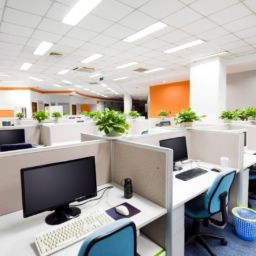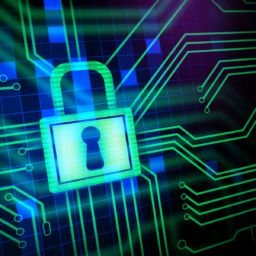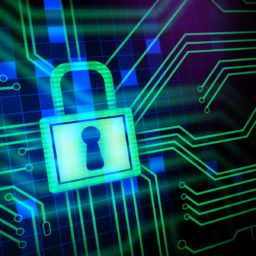Amid a technological revolution, the way in which we communicate is evolving. As phone lines evolve and businesses move to new and improved communication methods, many have taken on VoIP systems for their companies. VoIP is just one system businesses use to maximize convenient communication between vendors, clients and employees. As with any technology, you’ll want to make sure you are taking precautions to keep your devices secure. Utilize these tips from Exact IT to ensure your private data and confidential information stays safe.
Building a Strong Password
We hear it time and time again, but it’s absolutely true. Strong passwords are essential to adequate security measures. Many VoIP systems come with pre-set passwords, and while it can be tempting to leave it alone for convenience, it’s paramount to change it as soon as possible. Consider using a password manager, but first ensure this service is heavily encrypted and secure. Different organizations have different standards for passwords, but the general wisdom is to ensure your passwords meet the following criteria:
- At least 12 characters
- A mix of numbers, letters (capital and lowercase), and symbols
- No obvious number/letter substitutions (ex. passw0rd)
- Stays away from typical dictionary words
Multi-Factor Authentication
In addition to a strong password, multi-factor authentication is a major tool in securing your accounts against potential threats. It acts as a second lock between your data and any security risk that may be posed. There are multiple different ways to implement multi-factor authentication, but a few examples are:
- SMS or email message
- Fingerprint or face recognition
- GPS tracking
Use End-To-End Encryption
VoIP is revolutionizing voice calls. One way it stays on the cutting edge is its encryption capabilities. Nearly all modern systems offer end-to-end encryption, which means your data stays locked up tight despite cybersecurity threats.
Enhance Your Firewall
When you transition to a VoIP, don’t forget about the firewall! VoIP phones should be safely behind a corporate firewall, just like any other device you have in the office. Going without the added security of a firewall leaves your VoIP system open to bad actors.
Block International Calls
Hackers and cybersecurity threats often target VoIP phones. Much of the time, the call appears to be coming from another country. So, unless you regularly get legitimate calls from overseas, it’s a good idea to block international calls altogether. Some companies opt for calling cards to make international calls instead of allowing them to come through the VoIP system.
Educate Your Staff
Cybersecurity risks are ever-changing and can be hard for the average technology user to keep up with. Educate yourself and your company’s staff on how to protect their VoIP systems and understand when and where to detect a cyber risk or hacker.
Identify Your Weak Spots
As technology advances, hackers do, too. You always need to be thinking about chinks in your cybersecurity armor. While looking for potential vulnerabilities, make sure to consider VoIP upgrades that may make your job easier. When technology comes out that makes your systems harder to hack, don’t wait to implement it! The team at Exact IT will help you pinpoint your weak spots and identify useful upgrades.
Reinforce Your VoIP System With Exact IT
Whether you’re concerned about FCC forbearance or simply looking for a way to save money on cloud options, Exact IT wants to partner with you. Our team has worked with dozens of clients, helping them bolster their VoIP systems to keep up with growing security concerns. Contact us today to discuss phone systems, ransomware, support, and an array of other services.
















